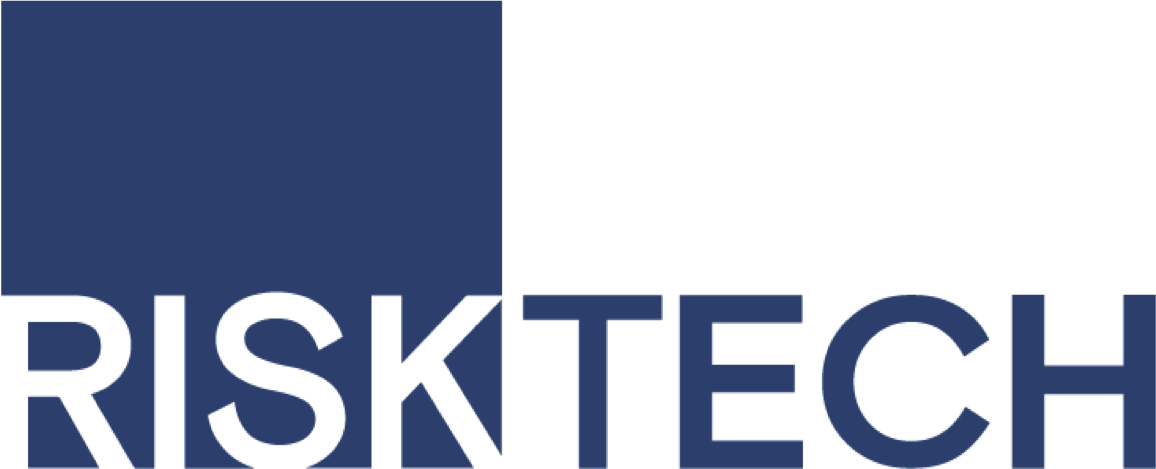NSW Government are implementing further changes to fire safety legislation that is in part due to the identification of non-compliance by Fair Trading. Key Fair Trading Finding ‘Serious defects in fire safety systems are the second most common defect identified by inspections of class 2 buildings undertaken under Fair Trading’s Occupation Certificate (OC) audit program, …
Hazardous Chemicals Assessments – New Globally Harmonised System (GHS) of Labelling
A two-year transition to the 7th revised edition of the GHS (GHS 7) has now ceased and as of 1 January 2023 all chemicals can only have the new GHS 7 labels and SDS for all chemicals stored on site. The transition period enabled manufacturers and importers to use either GHS 3 or GHS 7 …
NSW Fire Safety – Fire Safety Schedule correction, amendments and reissuance changes
NSW Government changes to how Fire Safety Schedules (FSS) are regulated are coming soon. The process of correcting, amending and reissuing FSS is currently dependent upon the following triggers: New building work requiring a Construction Certificate or Complying Development Certificate related to additions or alterations Unauthorised building work subject to a Development Control Order issued …
NSW Fire Safety – Construction Certificate changes for multi-storey buildings
The NSW Government has amended fire safety legislation that commences 3 February 2023 covering changes to the issuance of a Construction Certificate in multi-storey buildings and the applicable Building Code of Australia edition to assess compliance of the design against. The relevant legislation Environmental Planning and Assessment (Development Certification and Fire Safety) Amendment (Construction Certificates) …
Cooling Tower Audits
Please be aware that there has been a recent change to the legislation (Public Health Regulation 2022) relating to the engagement of auditors for your annual formal audit of your Cooling Tower Systems. The changes are predominantly to ensure that there is 100% independence of the auditors. Individuals or Companies involved in the business of …
ABCB Revises NCC 2022 Transition Arrangements to 1 May 2023
As of the 1 September 2022 advice from the Australian Building Codes Board (ABCB) is that the next version of the Building Code of Australia – NCC 2022 will be adopted by States and Territories on 1 May 2023. This follows advice in May 2022 from ABCB that the NCC 2022 would be adopted from …
NCC 2022 Preview and Adoption Dates
The Australian Building Codes Board (ABCB) has released the 1st stage of the National Construction Code (NCC) 2022, covering all three volumes, two new referenced standards and most of the amendments to the NCC. There is a significant number of changes that have been introduced in the NCC 2022 including introduction of the new livable …
Mould and Moisture in Buildings
Recent widespread heavy rainfall across the east coast of Australia has caused significant water ingress to homes and workplaces resulting from flooding, roof leaks, elevated humidity and rising damp. Significant water ingress within buildings can cause mould growth, which may only become evident weeks or sometimes months after the initial moisture event. Mould has the …
Australia’s response to Aluminium Composite Panels
The use of combustible cladding was identified as a factor in the rapid spread of fire through the Grenfell Tower and during a 2014 incident at the Lacrosse building in Melbourne. Following these incidents, Australian state & territory governments have made widespread amendments to regulations governing the use of Aluminium Composite Panel (ACP) in the …
